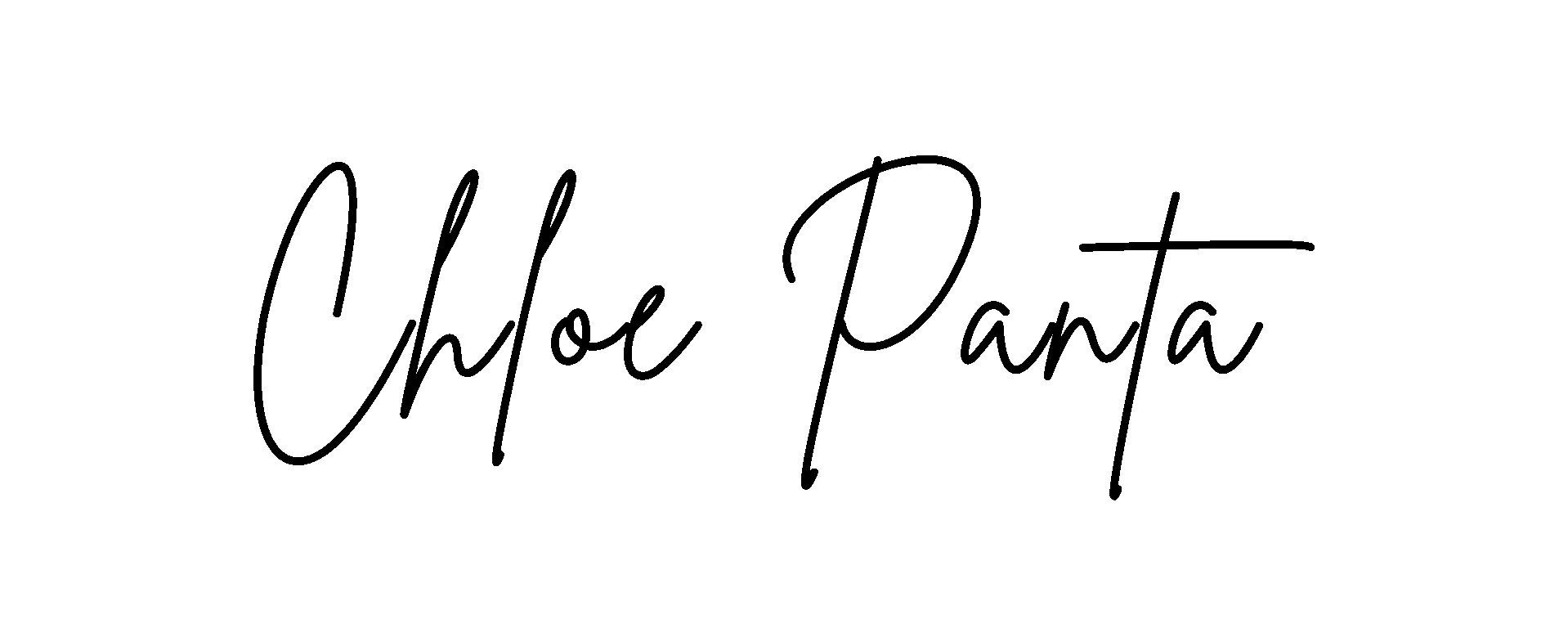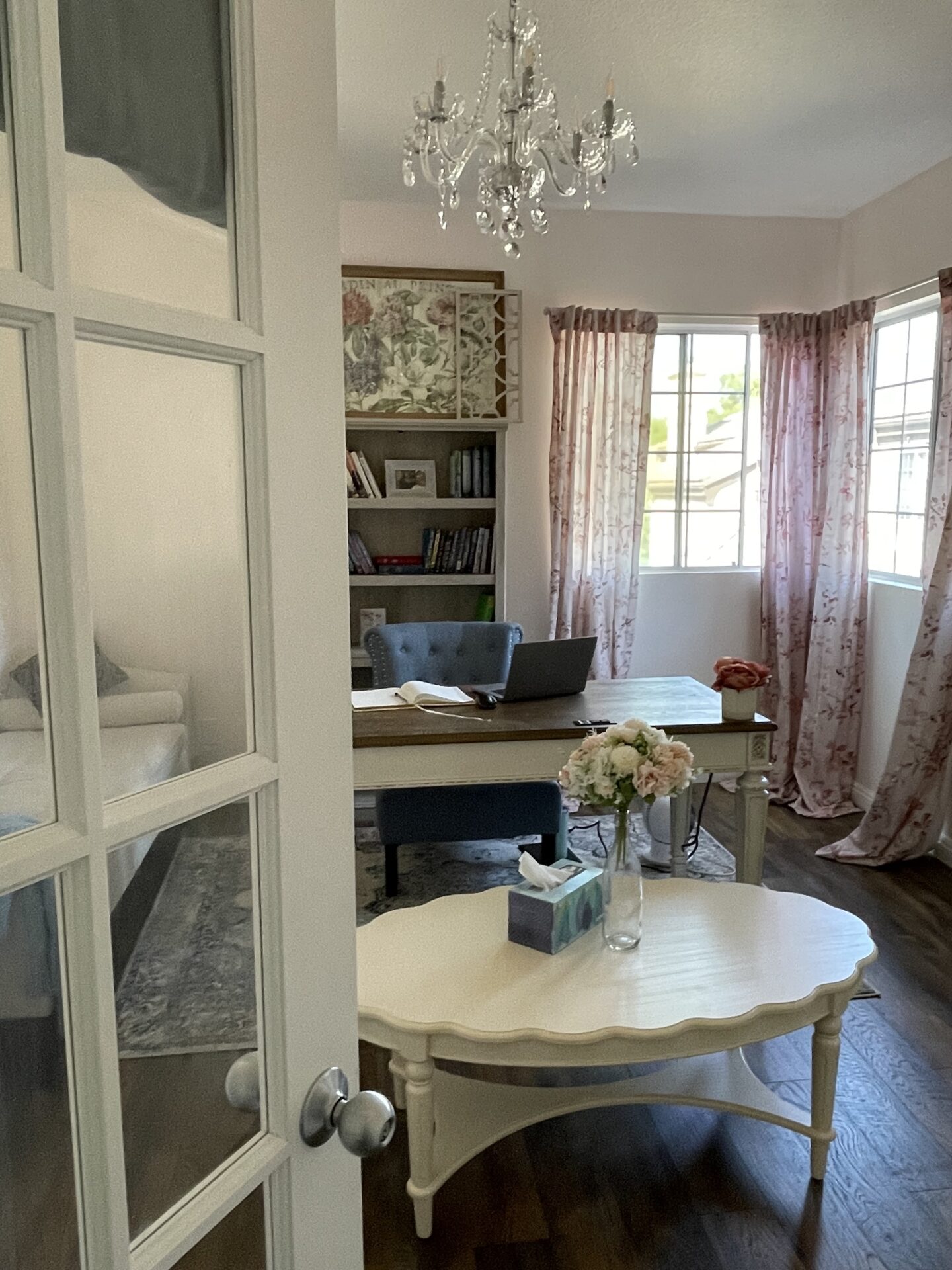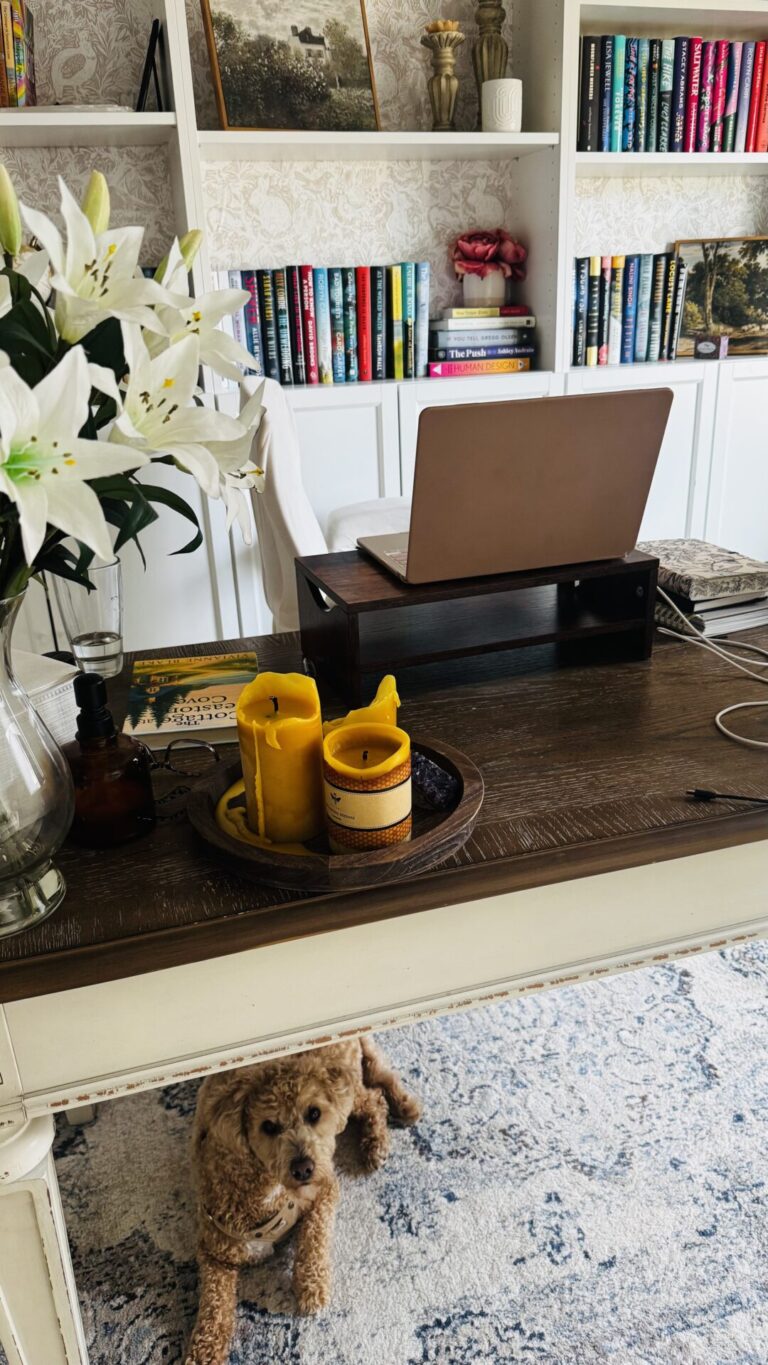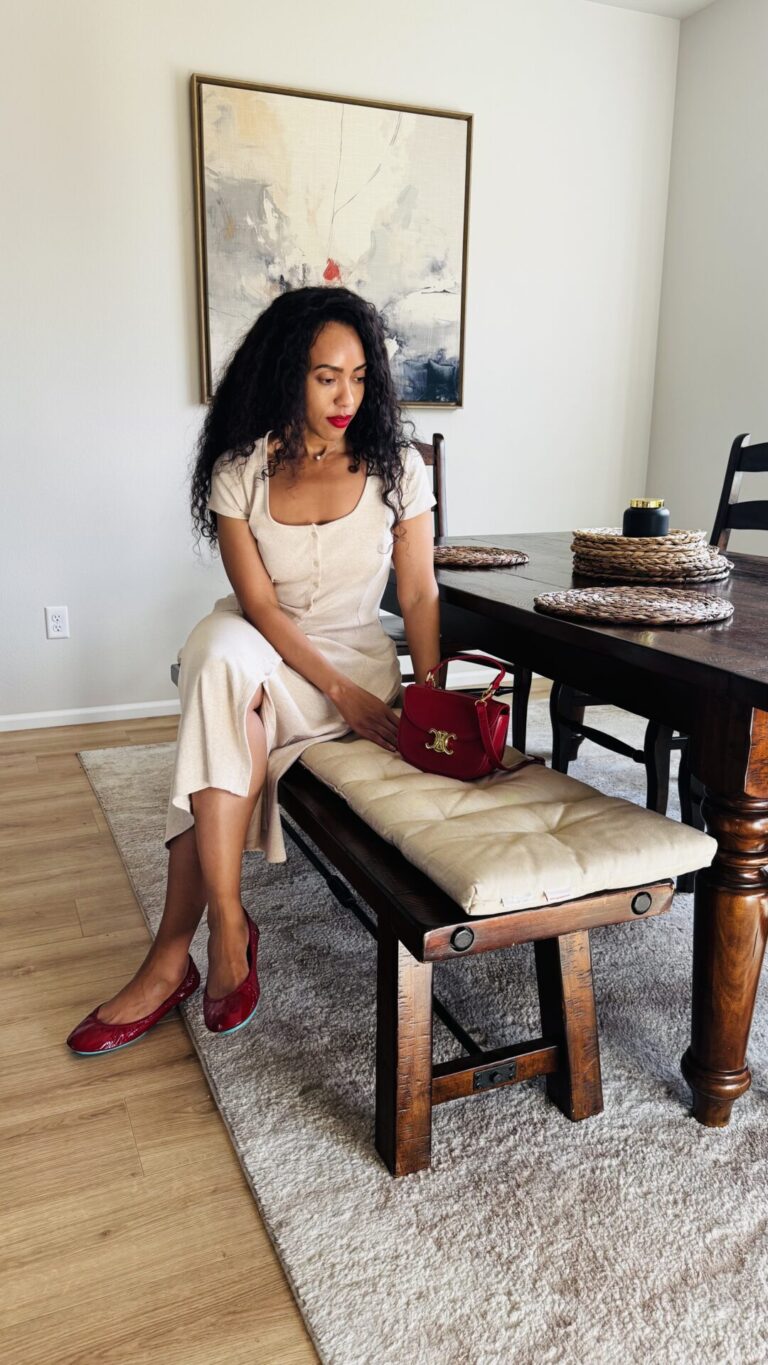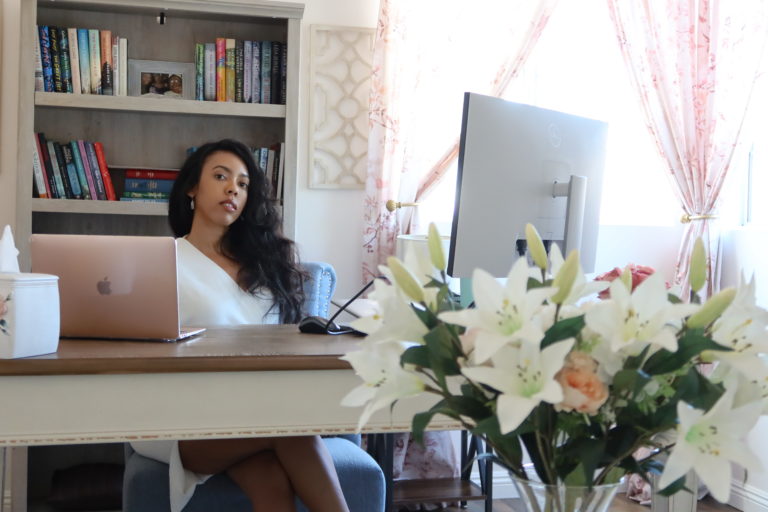My Rituals for Starting (and Ending) a Writing Session
My Rituals for Starting (and Ending) a Writing Session
Writers often talk about inspiration as if it arrives like lightning, sudden and uncontrollable. Sometimes it does, but more often I have found that inspiration shows up because I have made a place for it. My rituals for beginning and ending writing sessions are not elaborate or mystical, but they are sacred to me. They create a doorway into the work and a gentle way out when the words are finished.
Why Rituals Matter
For me, rituals are about signaling to my mind and body that it is time to write. They do not have to be dramatic. They do not require incense or chanting or a perfectly arranged desk. What they require is consistency. When I repeat the same small acts before and after each session, my creative self learns to trust the process. It is the repetition that matters, not the grandeur.
Preparing the Space
I always begin with my environment. I clear away whatever lingers from the day before, even if it is only moving a stack of papers to the side or straightening the notebooks on my desk. A clean space quiets my mind.
Lighting matters to me. If it is morning, I open the curtains to let natural light spill in. If it is evening, I often turn on a small lamp instead of overhead lighting. The shift in light tells me I am entering a different kind of space, one where creativity is welcome.
The Soundtrack of Writing
Music is another essential part of my ritual. While I don’t play music while I write, I do have bursts of energy where I’ll throw on a favorite song and dance. I feel so free when I dance. Ethereal, electric. Sometimes sexual. It helps me to get creativity flowing or get myself out of a funk. Sometimes it’s instrumental music that stirs emotion without words. In those freeing moments, a single song captures the mood of what I want to create. When I was drafting the Seastone Cove series, I often played soft piano pieces that reminded me of ocean waves. For nonfiction, I lean toward something grounding, like acoustic guitar or quiet jazz.
The music acts as a threshold. It carries me across from the ordinary world into the world of words.
The First Few Minutes
Once I sit down, I rarely begin with my manuscript immediately. Instead, I free write for a few minutes. I call it clearing the pipes. It does not matter if the sentences are awkward or meaningless. The act of moving the pen across the page or letting my fingers tap the keys loosens something inside me. I might write about the dream I had the night before or the worries I am carrying. Sometimes I only write a list of words that come to mind. After a page or two, I feel ready.
A Ritual of Breath
One small ritual I have grown to love is pausing for three deep breaths before I open the manuscript. It sounds simple, but it grounds me. With each inhale, I remind myself I am here. With each exhale, I let go of whatever clings to me from outside the writing space. By the third breath, I feel centered, calm, and ready to enter the story.
Entering the Work
When I finally open the manuscript, I do not start on a blank page. That is too intimidating. Instead, I reread the last few paragraphs I wrote in the previous session. This allows me to step back into the rhythm of the story without forcing myself to conjure something entirely new right away. If I left a note to myself about where to pick up, I follow it. Sometimes that note is as simple as: “Amelia feels uneasy here” or “describe the setting more vividly.” These breadcrumbs are gifts I leave for my future self.
Small Touchstones
Over time, I have collected little touchstones that anchor my writing practice. A particular pen. A candle I light only when I write. A stone I picked up on Bainbridge Island that sits on my desk. They may seem insignificant, but they are physical reminders of the promise I have made to myself: to show up for the work, again and again.
Closing the Session
Just as rituals help me begin, they also help me end. I do not like to stop abruptly. If I close the laptop without marking where I was, I spend too much energy the next day trying to remember what came next.
Instead, I finish with intention. I write a sentence or two about what I want to tackle tomorrow. Sometimes it is a line of dialogue I can use to begin. Sometimes it is a note to myself: “Expand this scene” or “add more sensory detail here.” That way, when I return, I have a clear entry point.
Reflection and Gratitude
After I close the manuscript, I take a few minutes to reflect. I might jot down how many words I wrote or how I felt about the session. This reflection is not about judgment. It is about acknowledgment. Even if I wrote only a few sentences, I honor that effort.
Gratitude is the final step. I remind myself that I get to do this work, that I have been given the chance to tell stories and share them. Gratitude softens the edges of perfectionism. It reminds me that writing is not only about outcomes, it is about the practice itself.
When Rituals Change
Not every ritual stays forever. Some fade, others transform. What worked for me five years ago may not fit now. I used to always light a candle, but these days I prefer music. I used to write late into the night, but now mornings feel more fruitful. I allow my rituals to shift as I shift.
The point is not to cling to one perfect formula. The point is to honor the rhythm of your own creative life and adjust when necessary.
What Rituals Really Do
Rituals create trust. They whisper to your creative self: I will meet you here, again and again. They build a sense of continuity even when the rest of life feels chaotic. They create a bridge between the ordinary and the extraordinary.
For me, writing is less about waiting for the right mood and more about showing up faithfully. Rituals are the path that guide me there. They turn the act of writing into something not just practical but sacred.
When I begin with intention and end with gratitude, the work in between feels fuller, steadier, and more alive.
